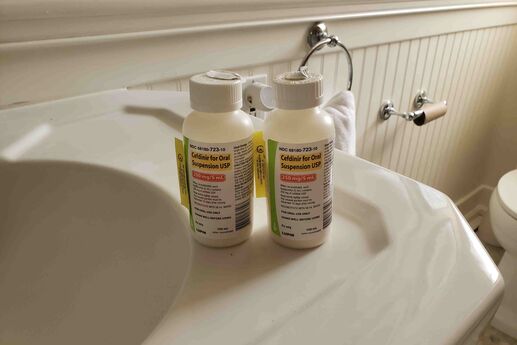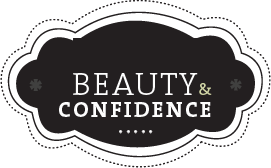Does Crying Make You Healthier?

Suck it up. Don’t be a crybaby. Quit your crying. For years, we were told not to shed emotional tears, to pack away our facial tissues and save the tears for something really worth crying about.
But it turns out that a sob session isn’t all bad. In fact, research suggests that crying has a number of health benefits, including:
· Fending off eye ailments. Tears bathe the eyes in lysozymes, antibacterial enzymes that protect against infections like conjunctivitis, according to a study published in the British Journal of Ophthalmology.
· Relieving stress -- in the right circumstances. Experts say that after a good cry, your heart rate and breathing slows. The result: You feel calmer and less tense.
· Providing a cathartic release. Research shows that almost 90 percent of people believe that shedding tears is a good way to let go of pent-up feelings.
· Encouraging close relationships. According to evolutionary biologists from Israel’s Tel Aviv University, tears signal your vulnerability to others, which encourages people to bond and form better relationships.
When Crying Feels Good
The benefits of a good cry depend on why you’re shedding the tears, explains Lauren Bylsma, a doctoral student at the University of South Florida and the lead author of a study on crying, which appeared in the Journal of Social and Clinical Psychology.
If you’re dabbing at your eyes with tissues over your own actions, like bickering with a friend, those tears are likely to make you feel better. Crying can help you achieve a better understanding of the scenario that you’re involved in, says Bylsma. Plus, you know that you’re able to make a positive change in improving the situation. For instance, you could call your friend to apologize and hash out underlying issues.
On the other hand, sniffling about something you’ve witnessed -- like a dramatic movie or tragic news story -- won’t provide the same healing release. Bylsma says that people are less apt to feel better after weeping about external events that are beyond their control.
A Safe Place for Tears
Whether you reach catharsis also depends on your surroundings. Having friends or family who soothe or hug you when you weep makes you feel loved, which improves your mood. But “if you cry when it’s embarrassing or if others respond in an unsupportive way, that can make you feel worse and more stressed out,” says Bylsma.
So before you grab a tissue and release the floodgates, make sure you’re in the right environment. Surround yourself with supportive people, like friends and family.
But if you think tears will lead to shame or humiliation, try to suck it up -- temporarily. Crying in the office in front of your boss, for instance, may cause you to feel more distressed afterward, explains Bylsma. So suppress those tears until you’re in a safe place, like your home or a friend’s office behind closed doors. Then go ahead and let out your feelings; it can be good for you.
Like this article? Get more by following us @FaceEveryDay or friending us on Facebook at Beauty & Confidence.
